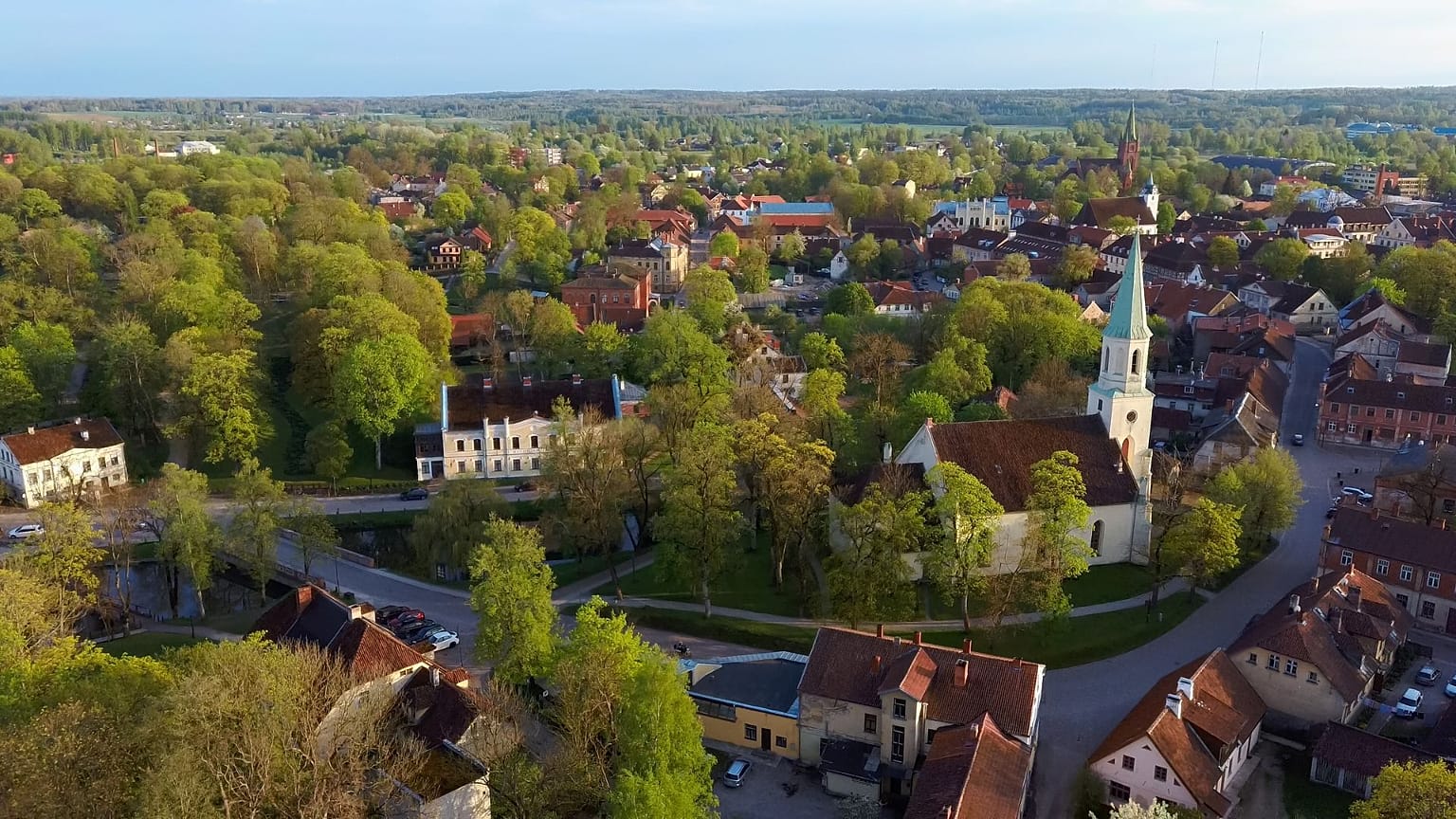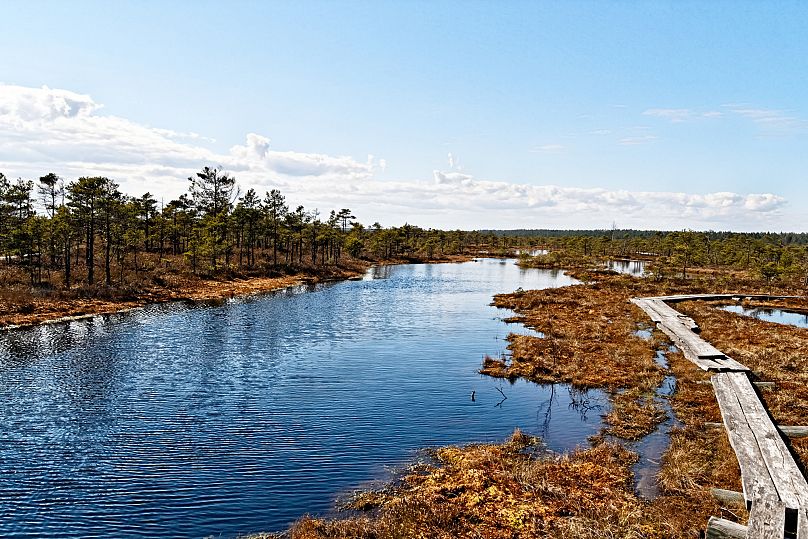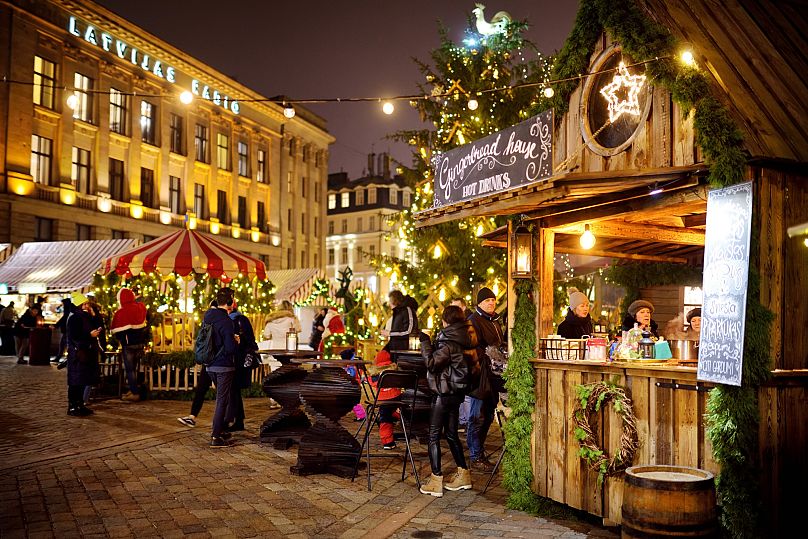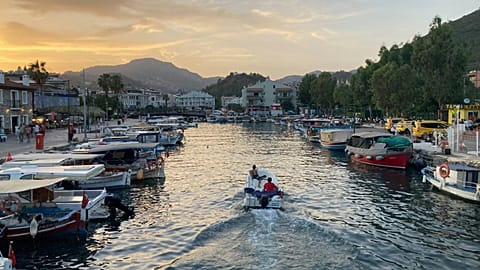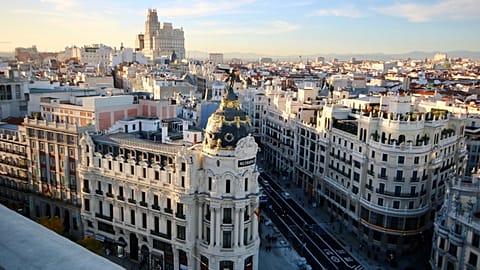A quiet town in Latvia has just been awarded UNESCO status, drawing attention to all that Latvia has to offer tourists.
Between Estonia and Lithuania lies the unspoilt parkland of Latvia.
 ADVERTISEMENT
ADVERTISEMENT
 ADVERTISEMENT
ADVERTISEMENT
A geographical tapestry of sea, lakes, and woods, the small country is perfect for trekking, cycling, or lounging on white-sand beaches.
Each season offers unique experiences. In the spring, boat trips. During summer months, sun-kissed beaches. Autumn unfolds glorious colours along the Gauja Valley, and in winter, ski slopes.
What can you do in Latvia’s newly crowned UNESCO World Heritage town?
Kuldīga, a town in western Latvia, has recently been awarded UNESCO World Heritage status in recognition of its ‘outstanding universal value to humanity’.
“Kuldīga is an exceptionally well-preserved example of a traditional urban settlement, which developed from a small medieval hamlet into an important administrative centre of the Duchy of Courland and Semigallia between the 16th and 18th centuries,” the UN organisation says.
Largely retaining the same street layout for centuries, the town features traditional log architecture as well as foreign-influenced styles that illustrate the rich exchange between local and travelling craftspeople from around the Baltic Sea.
Kuldīga’s tiled roofs and winding streets border the Aleksupite River, earning the town the nickname ‘Venice of Latvia’.
The sleepy town is perfect for slow explorations along the cobblestone streets, lazy afternoons sat by the river, and cooling dips in the Venta waterfall.
Only a few kilometres outside of the town are the Riežupe Sand Caves, a labyrinthine network of manmade tunnels created in the 18th century. It’s the perfect place to explore in case of grey skies.
A hub for exploring the Baltic states
As the middle Baltic State, Latvia is well-connected with efficient, budget-friendly transport options.
The capitals of Estonia and Lithuania can be reached from Latvia in a little over four hours on the luxury bus service - The Lux Express.
Overnight sleeper trains are also available to take you further afield with services from Riga to Stockholm, Helsinki, Warsaw, and St Petersburg.
If you can wait until 2030, the high-speed Rail Baltica will make these journeys even shorter.
Half of Latvia is covered in wilderness
One of Europe’s greenest countries, around 50 per cent of Latvia is wilderness, making it an ideal hiking and camping destination.
Its four protected national parks - Kemeri, Gauja, Rāzna, and Slītere - provide endless hiking opportunities for any nature lover.
With a coastline more than 500km long, Latvia boasts dozens of beautiful beaches with white sand and pine forests as far as the eye can see.
One particularly popular beach is Jurmala, famous for its beautiful beaches, 19th-century wooden houses, and Soviet-era buildings.
Experience Latvia’s rich culture and history
Latvia’s food is influenced by its neighbouring countries of Sweden, Denmark, Finland, Russia, Poland, Germany, Lithuania and Estonia.
Hearty meat dishes, smoked and pickled fish, and dark rye bread feature heavily on menus.
In addition to Kuldīga, tourists rave about the rich culture and history that can be found in the coastal capital city of Riga, which also has UNESCO status.
Its cobbled streets line an Old Town area considered one of the most beautiful in Europe. At night, it comes alive with music and dancing thumping in clubs.
Discover stories of Latvian history at landmarks in Bauska, with its castle destroyed by retreating Russians in 1706. Or Sigulda, where the Castle of Livonian Order was built in the 13th century and found later use as a convent.














